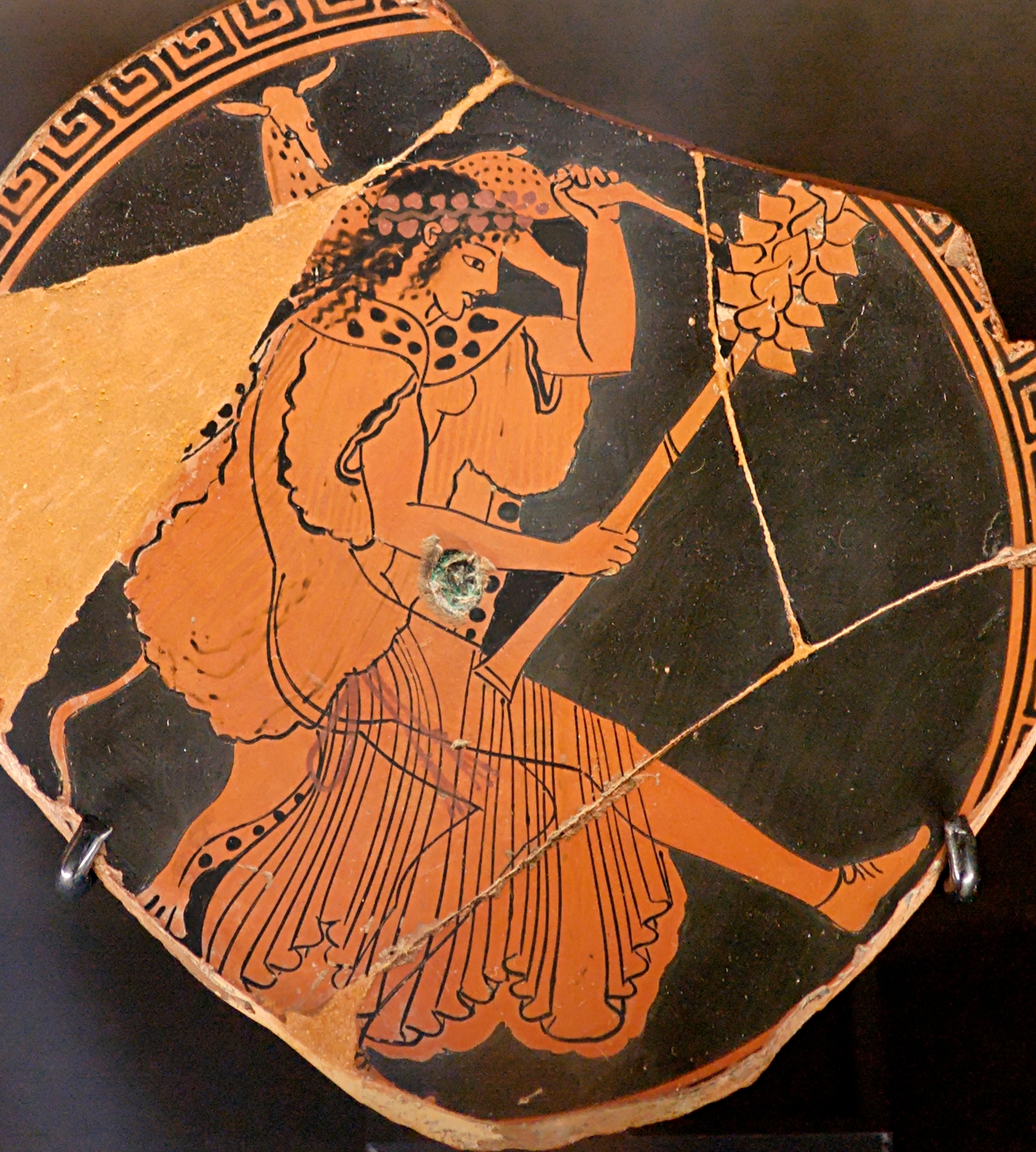Argaeus I on:
[Wikipedia]
[Google]
[Amazon]
Argaeus ( gr, Ἀργαῖος, Argaios) or Araeus, was according to 5th-century BC Greek writer 
Herodotus
Herodotus ( ; grc, , }; BC) was an ancient Greek historian and geographer from the Greek city of Halicarnassus, part of the Persian Empire (now Bodrum, Turkey) and a later citizen of Thurii in modern Calabria ( Italy). He is known f ...
one of six predecessors of his contemporary, King Alexander I of Macedon (r. 498–454). Alexander I's predecessors, starting from the nearest, were according to Herodotus: Amyntas, Alcetas
Alcetas ( Greek Ἀλκέτας; died 320 BC), was the brother of Perdiccas and the son of Orontes from Orestis. He is first mentioned as one of Alexander the Great's generals in his Indian expedition.
On the death of Alexander, Alcetas was a ...
, Aëropus, Philip I Philip(p) I may refer to:
* Philip I of Macedon (7th century BC)
* Philip I Philadelphus (between 124 and 109 BC–83 or 75 BC)
* Philip the Arab (c. 204–249), Roman Emperor
* Philip I of France (1052–1108)
* Philip I (archbishop of Cologne) (1 ...
, Argaeus, and Perdiccas I
Perdiccas I ( gr, Περδίκκας, Perdíkkas) was king of the ancient Greek kingdom of Macedonia. He ruled somewhere between 650 BC and 620 BC.
Herodotus
Herodotus ( ; grc, , }; BC) was an ancient Greek historian and geographer from ...
. A rival tradition is held by Livy
Titus Livius (; 59 BC – AD 17), known in English as Livy ( ), was a Ancient Rome, Roman historian. He wrote a monumental history of Rome and the Roman people, titled , covering the period from the earliest legends of Rome before the traditiona ...
, Pausanias Pausanias ( el, Παυσανίας) may refer to:
*Pausanias of Athens, lover of the poet Agathon and a character in Plato's ''Symposium''
*Pausanias the Regent, Spartan general and regent of the 5th century BC
* Pausanias of Sicily, physician of t ...
, Suidas
The ''Suda'' or ''Souda'' (; grc-x-medieval, Σοῦδα, Soûda; la, Suidae Lexicon) is a large 10th-century Byzantine encyclopedia of the ancient Mediterranean world, formerly attributed to an author called Soudas (Σούδας) or Souidas ...
and Junianus Justinus
Justin ( la, Marcus Junianus Justinus Frontinus; century) was a Latin writer who lived under the Roman Empire.
Life
Almost nothing is known of Justin's personal history, his name appearing only in the title of his work. He must have lived af ...
, with Caranus as the first Macedonian king.

Biography
Argaeus was according to 2nd-century AD Macedonian writerPolyaenus
Polyaenus or Polyenus ( ; see ae (æ) vs. e; grc-gre, Πoλύαινoς, Polyainos, "much-praised") was a 2nd-century CE Greek author, known best for his ''Stratagems in War'' ( grc-gre, Στρατηγήματα, Strategemata), which has been pr ...
the first king of the ancient kingdom of Macedon, who tricked and won over his superior enemies (the Taulantii
Taulantii or Taulantians ('swallow-men'; Ancient Greek: , or , ; la, Taulantii) were an Illyrian people that lived on the Adriatic coast of southern Illyria (modern Albania). They dominated at various times much of the plain between the rivers ...
king Galaurus
Galaurus () was an Illyrian king of the Taulantii State who reigned in the middle of the 7th century BC. After the first Illyrian invasion of Macedonia in 691 BC because of the interruption of friendly relations, the Illyrians did considerable d ...
) with women dressed as men with wreath
A wreath () is an assortment of flowers, leaves, fruits, twigs, or various materials that is constructed to form a circle .
In English-speaking countries, wreaths are used typically as household ornaments, most commonly as an Advent and Chri ...
s and ''thyrsi
A thyrsus /ˈθɜːrsəs/ or thyrsos /ˈθɜːrˌsɒs/ (Ancient Greek: θύρσος) was a wand or staff of giant fennel ('' Ferula communis'') covered with ivy vines and leaves, sometimes wound with taeniae and topped with a pine cone, arti ...
'' (staffs), closely related to the cult of Dionysus
In ancient Greek religion and myth, Dionysus (; grc, Διόνυσος ) is the god of the grape-harvest, winemaking, orchards and fruit, vegetation, fertility, insanity, ritual madness, religious ecstasy, festivity, and theatre. The Romans ...
. After the victory, Argaeus founded a temple dedicated to ''Pseudanor ''Pseudanor'' (GreekΨευδάνωρpseudo- + anēr "false man", metaphorically an "effeminate man") was a Macedonian epithet applied to Dionysus. Other Macedonian appellations to the god were ''Agrios'' (Ἄγριος) "wild" (as god of the coun ...
'' (Fake-man).
Only Alexander I's father, Amyntas, is firmly established in historical record. The eponym Argaeus for the dynasty (the '' Argead dynasty'') was used to maintain the myth of origin from Argos
Argos most often refers to:
* Argos, Peloponnese, a city in Argolis, Greece
** Ancient Argos, the ancient city
* Argos (retailer), a catalogue retailer operating in the United Kingdom and Ireland
Argos or ARGOS may also refer to:
Businesses
...
. Nevertheless, regnal year
A regnal year is a year of the reign of a sovereign, from the Latin ''regnum'' meaning kingdom, rule. Regnal years considered the date as an ordinal, not a cardinal number. For example, a monarch could have a first year of rule, a second year of ...
s have been applied to these legendary predecessors in modern literature; Argaeus has been claimed to have ruled in 678 BC.
References
{{DEFAULTSORT:Argaeus 01 Of Macedon 7th-century BC Macedonian monarchs Argead kings of Macedonia Mythology of Macedonia (ancient kingdom) Old Macedonian kingdom People whose existence is disputed Year of birth unknown